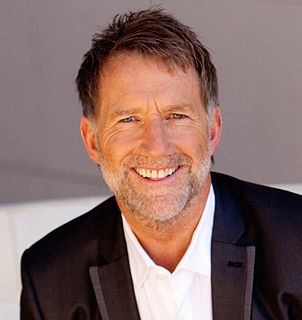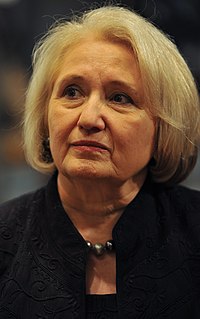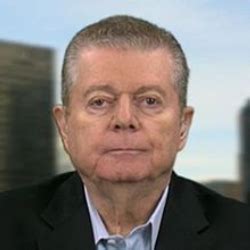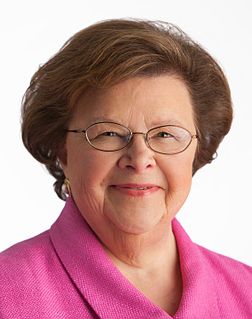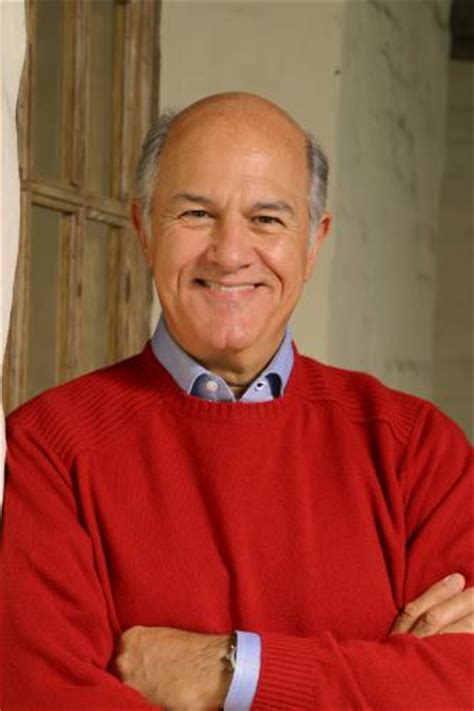A Quote by Jack Welch
Related Quotes
A leader always has one major message, and this weaves into everything he or she does. It remains the primary focus. A leader is to some degree a prophet, a person with a message. Great leader [sic] see things that others don’t. They preach it until others can see it as well. Their message supports the mission. A leader is a preacher, a person who communicates the fire of the mission. Not all preachers are leaders, but all great leaders will be preachers of one sort or another.
I believe to be a leader is to enable others to embrace a vision, initiative or assignment in a way that they feel a sense of purpose, ownership, personal engagement, and common cause. I was very affected as a child by my father's positive example as a civic leader who inspired others to share his commitment to improving our community.
Developing excellent COMMUNICATION skills is absolutely essential to effective leadership. The leader must be able to share knowledge and ideas to transmit a sense of urgency and enthusiasm to others. If a leader can't get a message across clearly and motivate others to act on it, then having a message doesn't even matter.
Leadership is creating a state of mind in others. The difference between being a leader and manager, all due respect to managers, is that leaders have to create states of mind. But a leader, first of all, has to have a clear state of mind, which is usually her own vision, which energizes her, motivates others, and then creates that state of mind in others.
Leaders encourage others to continue the quest and inspire others through courage and hope. Leaders give heart by visibly recognizing others' contributions to the common vision. With a thank you note, a smile, an award, and public praise, the leader lets others know how much they mean to the organization.


